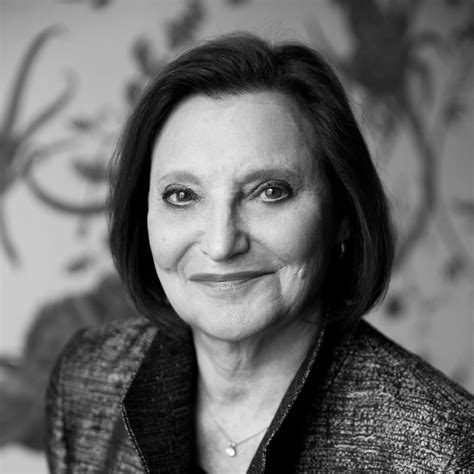A Quote by Thomas de Quincey
Books, we are told, propose to instruct or to amuse. Indeed! A true antithesis to knowledge, in this case, is not pleasure, but power. All that is literature seeks to communicate power; all that is not literature, to communicate knowledge.
Quote Topics
Related Quotes
We should not be content to say that power has a need for such-and-such a discovery, such-and-such a form of knowledge, but we should add that the exercise of power itself creates and causes to emerge new objects of knowledge and accumulates new bodies of information. ... The exercise of power perpetually creates knowledge and, conversely, knowledge constantly induces effects of power. ... It is not possible for power to be exercised without knowledge, it is impossible for knowledge not to engender power.
There is first the literature of knowledge, and secondly, the literature of power. The function of the first is--to teach; the function of the second is--to move, the first is a rudder, the second an oar or a sail. The first speaks to the mere discursive understanding; the second speaks ultimately, it may happen, to the higher understanding or reason, but always through affections of pleasure and sympathy.
Knowledge is power." Rather, knowledge is happiness, because to have knowledge - broad, deep knowledge - is to know true ends from false, and lofty things from low. To know the thoughts and deeds that have marked man's progress is to feel the great heart-throbs of humanity through the centuries; and if one does not feel in these pulsations a heavenward striving, one must indeed be deaf to the harmonies of life.
Speaking of love, one problem that recurs more and more frequently these days, in books and plays and movies, Is the inability of people to communicate with the people they love: husbands and wives who can't communicate, Children who can't communicate with their parents, and so on. And the characters in these books and plays and so on, And in real life, I might add, spend hours bemoaning the fact that they can't communicate. I feel that if a person can't communicate, the very least he can do is to shut up!
Some literature is knowledge, some is just data. But if I can get a "happy" ending - which is when for the characters I'm writing about, something happens that they move from wherever they are in the beginning to knowledge or wisdom, they know something they never would have acknowledged or realized if it hadn't been for my book - that for me is what literature does.
What a lost person needs is a map of the territory, with his own position marked on it so he can see where he is in relation to everything else. Literature is not only a mirror; it is also a map, a geography of the mind. Our literature is one such map, if we can learn to read it as our literature, as the product of who and where we have been. We need such a map desperately, we need to know about here, because here is where we live. For the members of a country or a culture, shared knowledge of their place, their here, is not a luxury but a necessity. Without that knowledge we will not survive.
We do literature a real disservice if we reduce it to knowledge or to use, to a problem to be solved. If literature solves problems, it does so by its own inexhaustibility, and by its ultimate refusal to be applied or used, even for moral good. This refusal, indeed, is literature's most moral act. At a time when meanings are manifold, disparate, and always changing, the rich possibility of interpretation--the happy resistance of the text to ever be fully known and mastered--is one of the most exhilarating products of human culture.






























